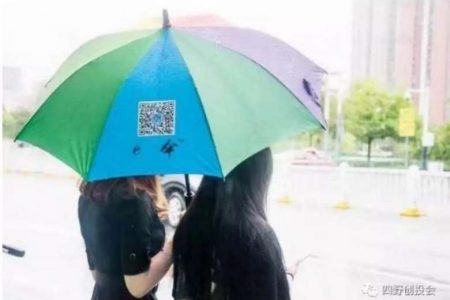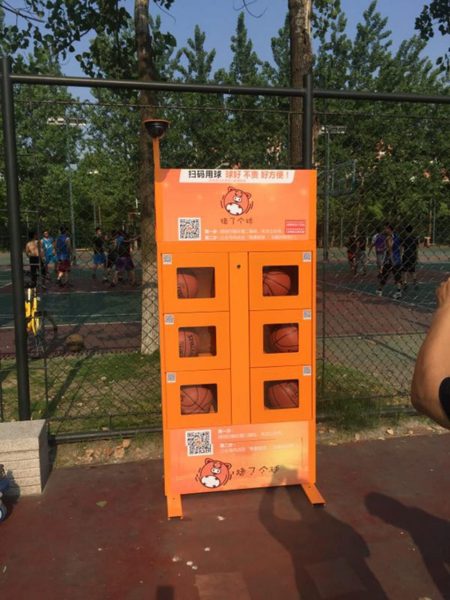July 13, 2017 – Ridesharing programs existed before we needed mobile apps to get a ride to work. People created car pools both informally and formally. Group hailing of a taxicab after a night on the town was a perfectly normal sharing experience.
Today in cities we see bike sharing programs where individuals can get a bicycle on demand. And then there are pilot experiments with autonomous on-demand buses and cars popping up here and there.
Whether the new sharing economy proves to outlast the more traditional forms of sharing done in the past is still uncertain. One thing for sure is umbrella sharing doesn’t seem to work or at least it didn’t when it was introduced in China where the sharing economy is big business. Nationally the sharing economy turned over 4 trillion Yuan ($502 billion US). Two bike sharing operators, Ofo and Mobike are valued at over a billion dollars each. Other ventures include mobile phone charging stations, phone battery sharing, nap capsules, and basketballs.
An entrepreneur, Zhao Shuping, told the Straits Times, “everything on the street can now be shared” when he chose to launch an umbrella sharing venture. Shuping launched his company, Sharing E Umbrella, in 11 cities with an investment of over 10 million Yuan ($2.3 million US). He placed umbrella stands at subway stations and bus depots. Users downloaded a mobile phone app and made an e-deposit of 19 Yuan ($2.79 US) to give them a code to unlock and take one of his oversized brollies (see picture below).
Users downloaded a mobile phone app and made an e-deposit of 19 Yuan ($2.79 US) to give them a code to unlock and take one of his oversized brollies (see picture below). For every 30 minutes, a user paid 0.50 Yuan ($0.75 US).
Initially, the service appeared to be popular with hundreds of thousands taking advantage of the highly available stock anytime it rained. But Because he didn’t clearly instruct his customers on where to leave the umbrellas after use, Shuping
Initially, the service appeared popular with hundreds of thousands taking advantage of the available stock anytime it rained. But it appears that returning the merchandise proved to be challenging. Customers didn’t clearly understand where they were supposed to leave the umbrellas after use.
Currently, Shuping is missing 300,000 of his bumbershoots. It would appear that umbrella sharing is not the same as on demand bicycles, rooms, and cars.

But he hasn’t given up and plans to distribute 30 million more across the country by year-end, convinced that it will only be a matter of time before people will stop buying their own and be using his.
More than likely he is throwing good money after bad. That’s because sometimes a disruptive technological innovation can be taken too far. Umbrellas aren’t expensive. So why share when even in China you can buy one for a few Yuan?
In China where bike sharing has not passed the entrepreneurial test in all cities, (one recent operator reports he has closed operations after most of his inventory was stolen), it would seem that umbrellas and basketballs (see picture below) are probably not the best sharing economy investments. Entrepreneurs take note.









